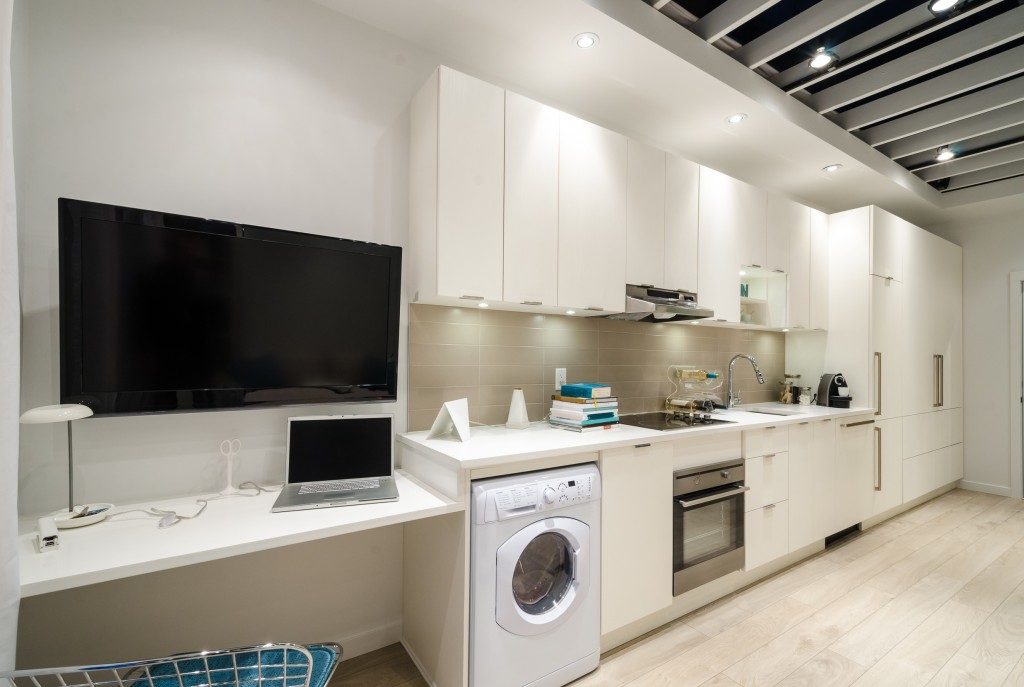Imagine the worst winter ever. It’s nearly impossible to get out of your house due to the outpouring of snow, the roof and driveway could only be cleared so many times, and the fireplace isn’t nearly enough to warm your house up. Then, when you need it the most, your electric heater fails to start.
Don’t be caught in this dire situation. Learn the warning signs of failing appliances or equipment early to avoid thousand-dollar replacements and repairs.
Electric Heater
Electric heaters are always under strain. You wouldn’t envy the workload that these equipment face when they’re on 24/7 in countries that need it. Though they could last for years with minimal repair, heaters will probably encounter problems before it reaches the point of replacement.
Your electric heater might have problems if your heating bill spikes up despite regular usage. Old or ineffective heaters may drive up costs due to inefficient output. In fact, old age is a major factor for any problems you may have with your heater.
When in doubt, consult with an electrician. Your heater may have problems that only qualified electrician and maintenance specialists may be able to spot. The need to replace mercury relays and other inner parts could only be discerned by professionals who can go gut-deep in a heater without causing permanent damage.
Air Conditioner
If you have a Heating, Ventilation, and Air Conditioning (HVAC) system, a problem with your heater may lead to a problem with your AC unit. AC-only owners should still experience a number of the same issues as HVAC owners.
Often, AC problems could be traced back to its filters. Dirty filters reduce the airflow from the machine to the room it is cooling. Too much sunlight shone on an AC unit can also disrupt its cooling efficiency. Ditto to warm air—if there are leaks around your window AC or inside the room it’s cooling, resealing is more than necessary.
Central AC units, in particular, require annual checkups. Technicians will check its surroundings for possible blockages, dust buildup, or similar problems, then the AC unit itself for any problems. Should it be necessary, technicians will recharge the system or replace its coolant.
Washing Machines

Owning a washing machine means cutting down on dry cleaner and associated costs. Washing machines are considered essential appliances for large families or people with a lot of roommates. A slight hiccup to a washing machine’s regular operation is enough to cause panic among homemakers and responsible roommates.
Frequent washing machine woes include irritating grinding noises, slow to no water fill, draining problems, and the dreaded no-spin problem. Grinding noises indicate broken couplers, which are often the result of machines getting overloaded too often. Debris can damage pumps or hoses, causing major draining problems. Inlet screens with broken valves can prevent your machine from loading water inefficiently. Lastly, broken lid switches can cause your washer to sit with a tub of water and refuse to spin.
While the examples above advocate for repair-first, know when it’s time to fold. The cost of repairs can add up to the point that outright replacement will benefit owners better than further repairs. Run a cost-benefit analysis on your options: will it be more expensive to hold on to an appliance that breaks every week, or to buy a pricey unit that won’t need repairs for another five years?

